Understanding the Basics and Operating Principles of Gas Engine Air Compressors
Unpacking the Different Types and Brands of Gas Engine Air Compressors: Examining the Characteristics and Benefits to Facilitate an Informed Purchase.
Gas engine air compressors are a vital piece of machinery in modern industry, with their powerful pressurized air used for a variety of tasks. These powerful tools can be found across multiple sectors involving manufacturing, construction, mining and energy. Let’s take a closer look at how these air compressors work and why they are so invaluable.
Featuring three core components, a gas engine air compressor consists of the gas engine, the compressor, and the air receiver. Generating the fuel requisite for running the compressor, the gas engine works in tandem with this component to compress atmospheric air and convey it into the air receiver, where it remains until it is employed. Employed for a multitude of purposes, compressed air is harnessed to provide power and move machinery, as well as manipulate equipment.
Gas engine air compressors are an advantageous choice for locations with no access to electricity or areas with limited access due to their ability to self-generate compressed air. Moreover, their diverse functionality across various industrial settings allows them to be used in a variety of situations. This makes them a great option for those wishing to utilize them in remote or rugged terrain.
When searching for a gas engine air compressor, you will likely come across two main types: reciprocating and rotary screw compressors. A reciprocating compressor utilizes a piston to pressurize air, while the rotary screw system resorts to two helical screws for the job. Rotary screw compressors are typically more cost-saving when it comes to energy needs and maintenance expenses. However, if you are looking to work with high pressure applications, it may be worth paying more for a reciprocating compressor as this option is usually more affordable.
Numerous criteria must be mulled over when selecting a gas engine air compressor. These criteria include its power output, volume flow rate, air pressure, energy efficiency, dependability, and the size and weight of the unit. Additionally, it is indispensable to evaluate the setting where the compressor is intended to be utilized to verify that it is compatible for that purpose.
For a gas engine compressor to continue running smoothly and efficiently for the long-term, it is essential to stay on top of regular maintenance activities and servicing. Things like changing the oil, switching out air filters, and inspecting the tension on the belts are all basic tasks that should be carried out as part of a consistent maintenance schedule. Additionally, it is important to clean the compressor’s air intake and discharge lines routinely to keep them functioning effectively. Following the recommended steps laid out by the manufacturer will help to extend the life span of your compressor and guarantee prime performance.
When it comes to powering industrial production, gas engine air compressors are a must. From powering machines to providing clean air in the work environment, they are indispensable tools for any type of industrial operation. When shopping for a gas compressor, it is wise to pay attention to various factors such as specs, energy efficiency ratings, durability, and suitability for intended use. Regular cleaning and servicing should also be done to guarantee that the compressor is running optimally and safely. In conclusion, gas engine air compressors play a crucial role in modern industrial production.
Post time: 2023-06-06Related Product
Warning: Use of undefined constant rand - assumed 'rand' (this will throw an Error in a future version of PHP) in /www/wwwroot/www.sunritamachinery.com/wp-content/themes/msk5/single.php on line 69
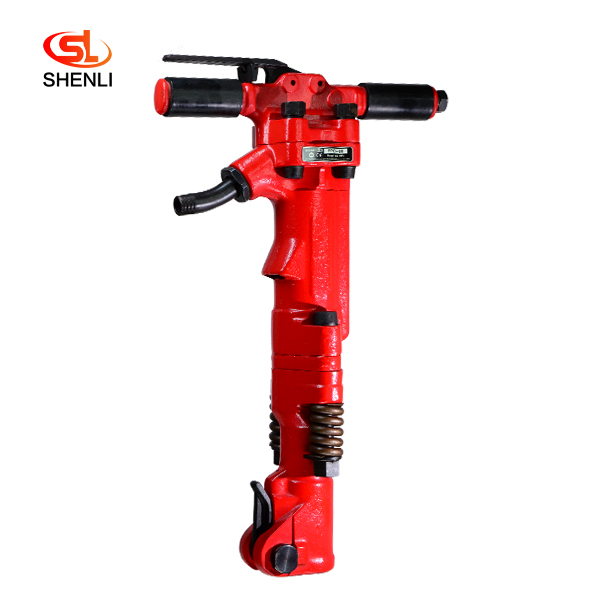
TPB6 Air Concrete Breaker Pneumatic Pick
Product introduction: TPB-60 crusher adopts the mature technology of TOKU Group, Is compressed air as the power of the crushing tool, can efficiently complete the reinforced concre […]
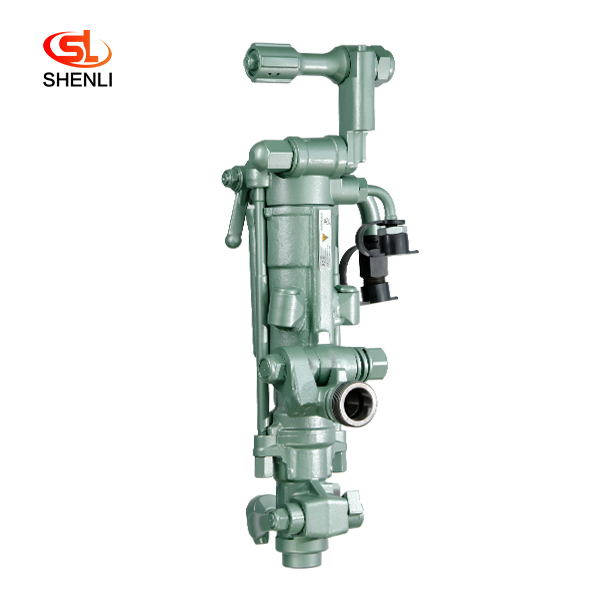
S250 Air Leg Pneumatic Rock Drill Pusher Leg Rock Drill
Product description: (S250 jackleg Drill) has been the preferred choice of miners who demand high performance, superior control and lasting reliability. the S250 jackleg allows ope […]
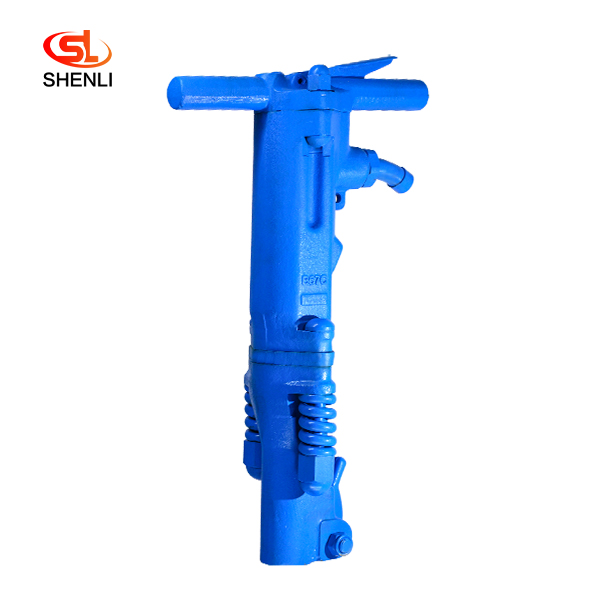
B67C Pneumatic Chipping Hammer
Product description: The B67C crusher is made from Canada. Denver pneumatic Group company mature technology, with compressed air as a power crushing tool, can efficiently complete […]
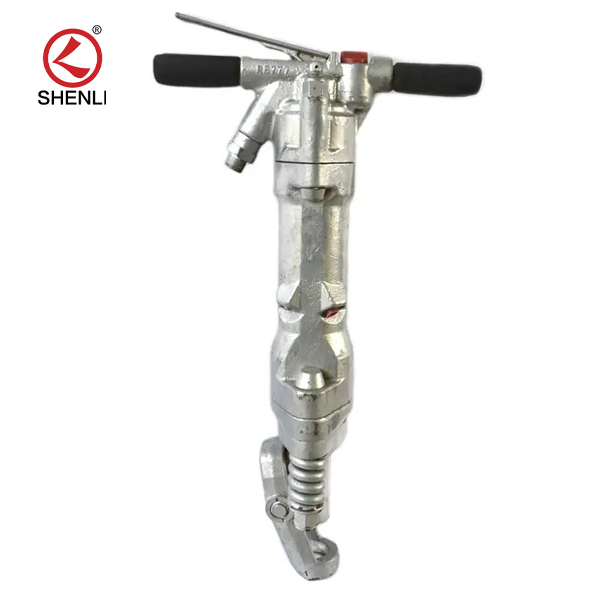
RB777 Pneumatic Pick Air Shovel Cement Crusher Pneumatic Chipping Hammer
Product description: RB777 pneumatic picks are used to build roads, install works of broken concrete and other hardens Hard object tools, the machine structure is simple, high effi […]
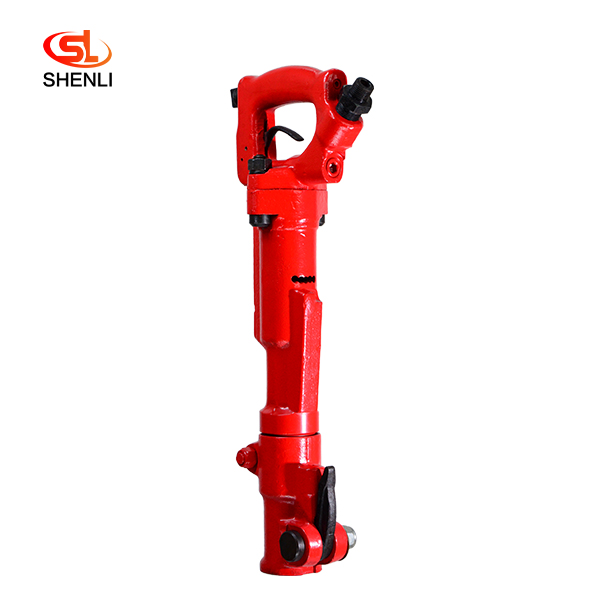
TCD20 Pneumatic Pick Air Shovel Cement Crusher Pneumatic Chipping Hammer
Product description: The TCD-20 pneumatic pick is powered by compressed air using Japan’s TOKU technology Crushing tools, features: lightweight, small size, large strike ener […]
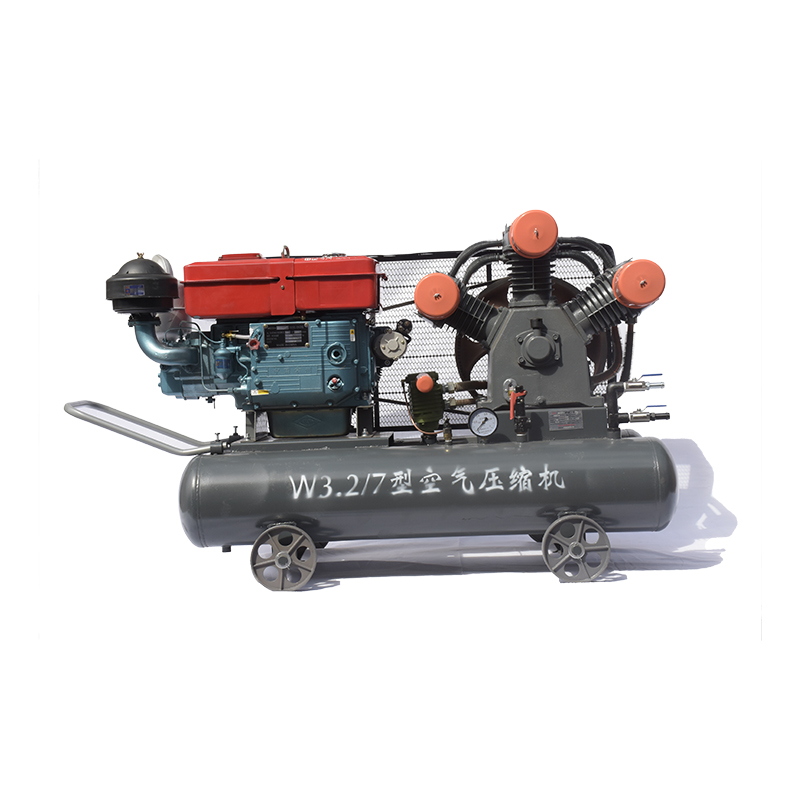
20KW Mining Diesel Piston Air Compressor W3.2-7
Advantages Small in size,light in weight, easy to move Top material and superior technology Simple structure, high efficiency, good performance, and low price Adopt the most popula […]
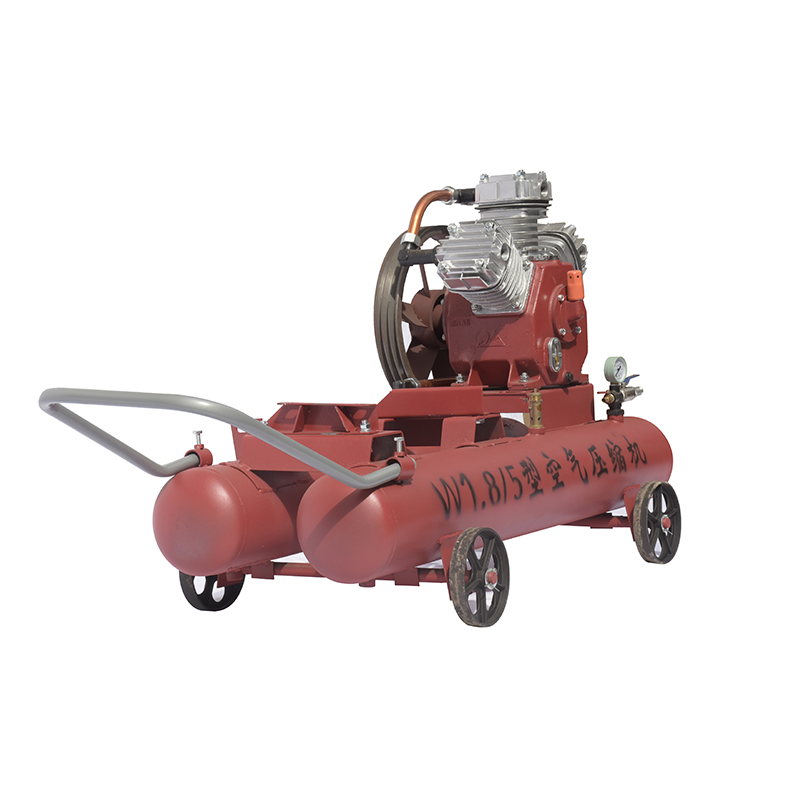
11KW Mining Diesel Piston Air Compressor W1.8-5
Diesel Portable Piston Air Compressor Mobile for Jack Hammer / Mining1.Simple structure,light weight,easy to move .2.Easy operating and maintenance.3.High quality air delivery.4.Su […]
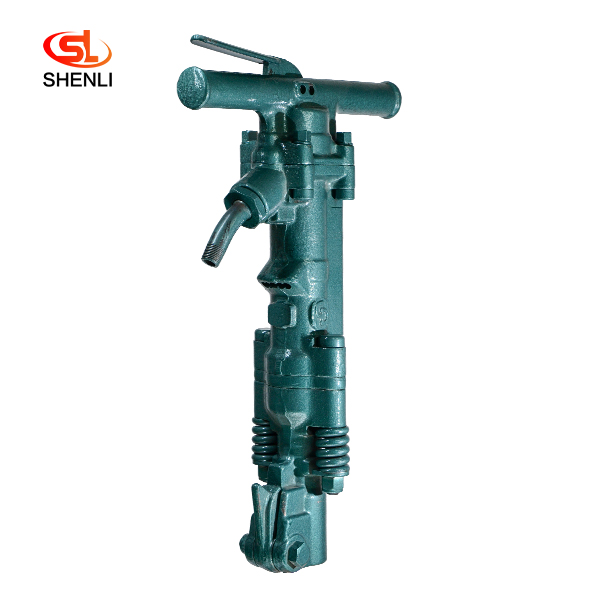
B47 Pneumatic Pick Air Shovel Cement Crusher Pneumatic Chipping Hammer
Product Description: B47 crusher adopts the mature technology of American Gardner Denver Pneumatic Group Company,It is a crushing tool powered by compressed air, which can finish r […]
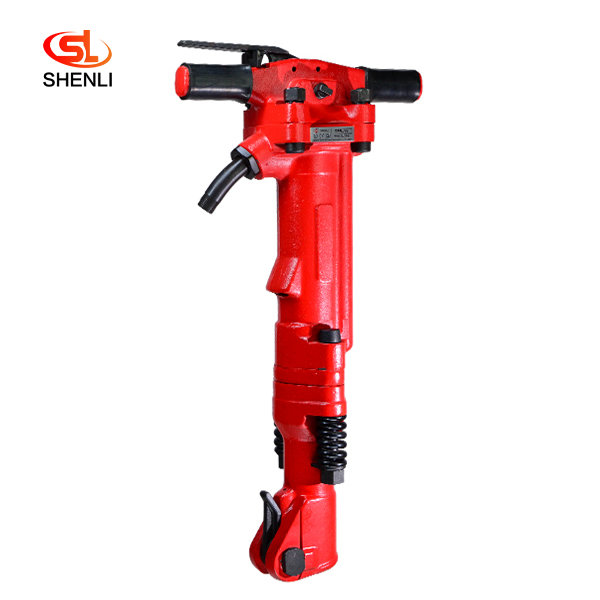
TPB90 Air Breaker Pavement Paving Breaker
Product introduction: TPB-90 crusher adopts the mature technology of TOKU Group, Is compressed air as the power of the crushing tool, can efficiently complete the reinforced concre […]